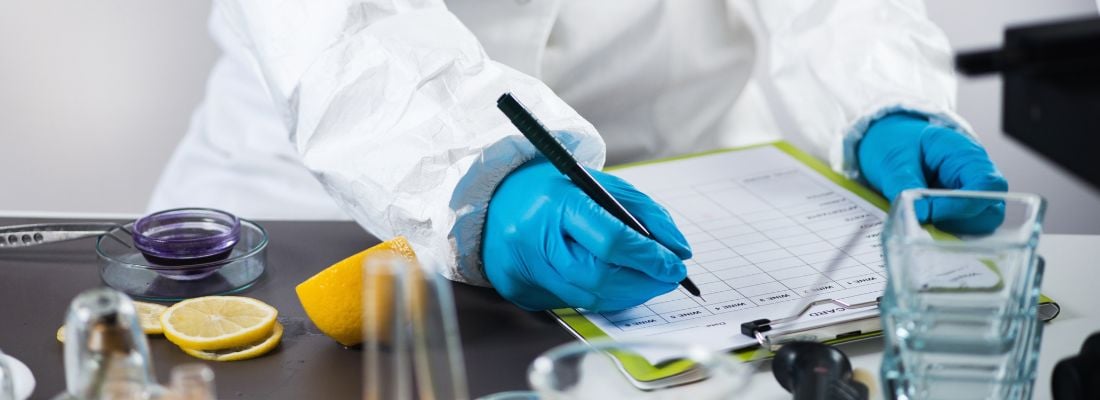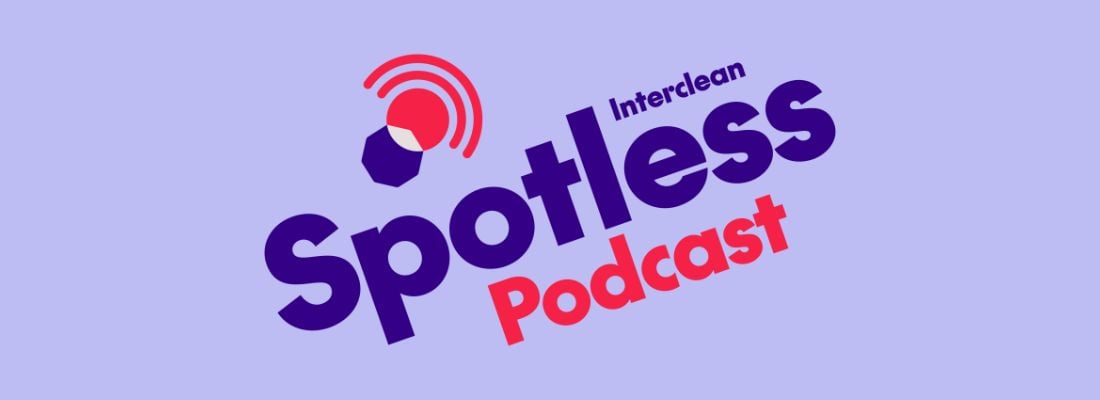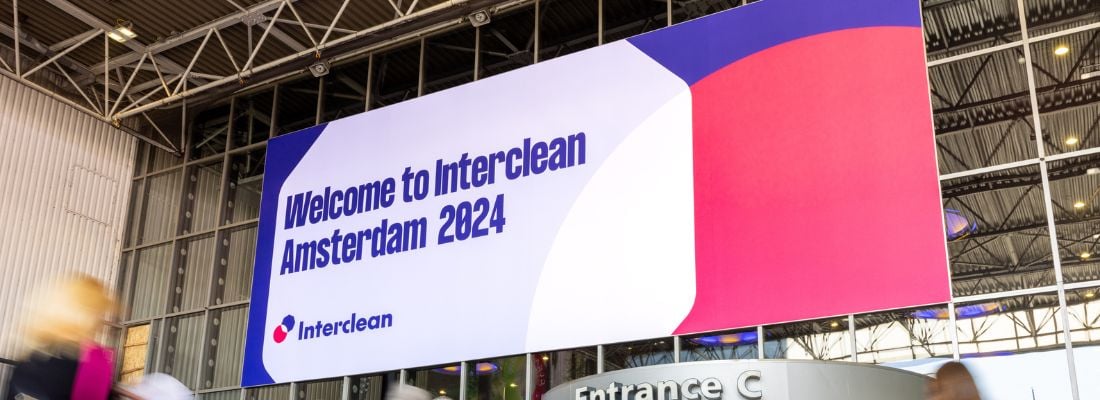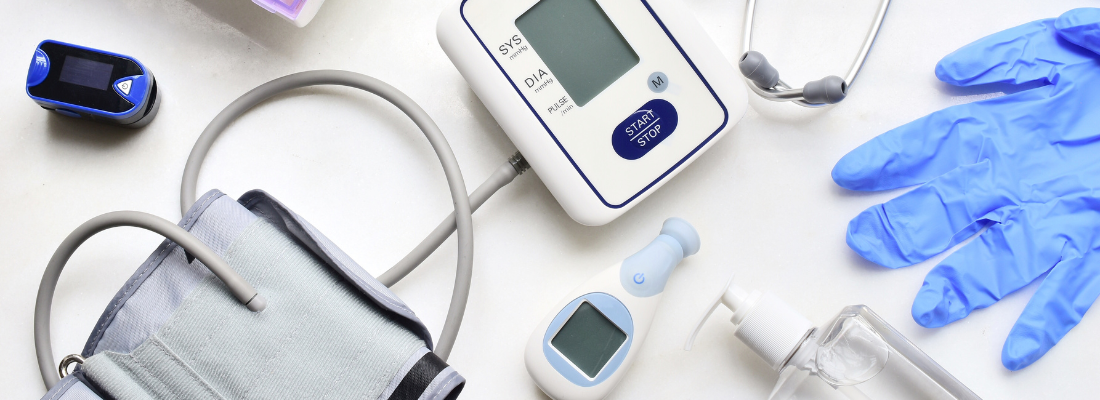The role of hygiene cleaning in food safety certification
Food safety is a serious concern for any businesses operating in the food industry. Ensuring that food products are safe for consumption is not only a legal requirement but also a moral obligation.
To maintain high standards of food safety, businesses must adhere to a complex framework of regulations, standards, and food safety certification such as the European food safety certification. Food and safety certification plays an essential role in this process, ensuring that food businesses adhere to stringent regulations and best practices designed to protect consumers (and those operating in the food industry).
The professional cleaning and hygiene industry plays a crucial role in supporting these efforts by providing essential services that contribute to a safe food environment.
The role of food and safety certification through compliance and regulation
Obtaining a food safety certificate is not just a bureaucratic hurdle; it signifies a commitment to protecting consumers from foodborne illnesses. It encompasses various aspects of food safety management, including temperature control, cross-contamination prevention, and proper sanitation practices. Businesses that achieve food safety certification demonstrate their dedication to maintaining a clean and safe environment for food processing and preparation.
The link between cleaning and hygiene and food safety certification
The professional cleaning and hygiene industry plays a critical role in achieving and maintaining global food safety certification. These professionals provide the necessary services to ensure that food preparation areas, storage facilities, and dining environments are clean and sanitary.
Proper cleaning and disinfection practices can help prevent the spread of foodborne pathogens and maintain a hygienic environment – and earn your business that all important food safety certificate!
The importance of professional cleaning and hygiene to achieve global food safety certification
Professional cleaning and hygiene companies can help businesses maintain a clean and hygienic environment, which is essential for preventing foodborne illnesses. By working closely with food businesses, cleaning companies can ensure that all necessary cleaning and disinfection procedures are followed, and that any potential food safety hazards are identified and addressed:
1. Expertise in hygiene and sanitation practices:
Professional cleaning services are trained in the latest hygiene protocols and regulations. This expertise ensures that cleaning practices are effective and aligned with food safety certification requirements.
2. Use of approved cleaning agents:
The cleaning agents used in food preparation areas must be effective yet safe for food contact surfaces. Professional cleaning companies are knowledgeable about the appropriate products to use, ensuring that they not only clean but also sanitise surfaces to eliminate harmful pathogens.
3. Regular maintenance and deep cleaning:
Achieving a valid food safety certificate is not a one-time effort; it requires ongoing maintenance. Professional cleaners provide regular cleaning schedules and deep cleaning services that help prevent the buildup of contaminants over time.
4. Training and compliance support:
Many professional cleaning companies offer training programmes for food handlers and staff on the importance of hygiene and compliance with food safety certification standards.
5. Documentation and record keeping:
Professional cleaning services often assist in this aspect, providing documentation that can be vital during audits or inspections for a food safety certificate to be issued.
Regulatory Framework and Compliance including European food safety certification
Global food safety certification and food safety regulations vary across the world, but the core principles remain the same: protect public health by ensuring the safety of food. Compliance with these regulations often requires businesses to undergo food and safety certification processes.
Some of the most widely recognised food safety certification protocols include:
- Food Safety Modernization Act (FSMA): A comprehensive U.S. law focused on preventing foodborne illnesses, emphasising risk-based preventive control systems and proper sanitation practices.
- Disinfection Products: In the UK, disinfection products must meet BS EN 1276 or BS EN 13697 standards.
- Hazard Analysis and Critical Control Points (HACCP): A globally recognised system for food and safety certification management, requiring businesses to implement protocols for cleaning and sanitation.
- Good Manufacturing Practices (GMP): Guidelines for manufacturers to ensure safe and consistent food production, including cleanliness, hygiene, and sanitation practices.
- The Codex Alimentarius: A collection of international food standards, including guidance for cleaning and sanitation procedures.
- Occupational Safety and Health Administration (OSHA) Standards: U.S. regulations covering employee safety, training, and sanitation practices.
- Local Health Department Regulations: Specific requirements for food service establishments, varying by jurisdiction.
- Environmental Protection Agency (EPA) Regulations: U.S. regulations ensuring the safe use of cleaning chemicals.
- Global Food Safety Initiative (GFSI): A global platform that brings together leading food safety standards.
- British Retail Consortium (BRC): A leading global food safety certification scheme.
- Safe Quality Food (SQF): A food safety management system recognized by the GFSI.
- European Food Safety Authority (EFSA): The European Union's scientific advisory body on food safety, specifically targeted at European food safety certification.
The Future of Food and Safety Certification
Food safety certification and compliance is a shared responsibility that extends beyond food producers to include cleaning and hygiene professionals. As consumer awareness of food safety issues continues to rise, the demand for food safety certification will likely increase. Whether it’s through obtaining a European food safety certification or working towards global food safety certification, the partnership with professional cleaning services remains a key component in ensuring the highest standards of food safety compliance.
Share your stories with us!
Do you have an innovation or interesting news you would like to share with the professional cleaning and hygiene industry? The Interclean website and social media channels are a great platform to showcase your stories!
Please contact our press department interclean@rai.nl.
Are you an Interclean exhibitor?
Make sure you add your latest press releases to your Company Profile in the Exhibitor Portal for free exposure.







